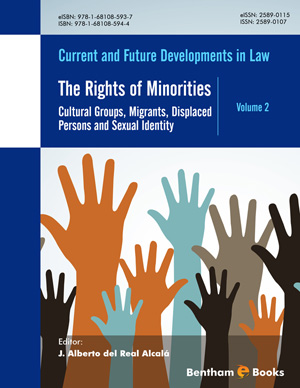Abstract
This chapter deals with the legal concept of reasonable accommodation, presenting in a novel way a topic that is not covered in the Spanish doctrine. It analyzes the development of this notion in the jurisprudence of the Supreme Court of Canada and the recent introduction in the European Court of Human Rights, in which some judges have made an explicit reference to this technique and call for their use. The duty to accommodate or adjust is the duty, under the law that managers of institutions and public and private organizations have in order to avoid any form of indirect discrimination for minorities and majorities, taking different harmonization adjustments in the application of certain laws or certain regulations, making norms more flexible or adapting them in its implementation. This allows a fairer management of cultural and religious diversity in public space, according to an intercultural model led by the Council of Europe.
Keywords: Cultural and religious diversity in the European Court of Human Rights, Council of Europe, Reasonable accommodation, Supreme Court Case- Law in Canada.













